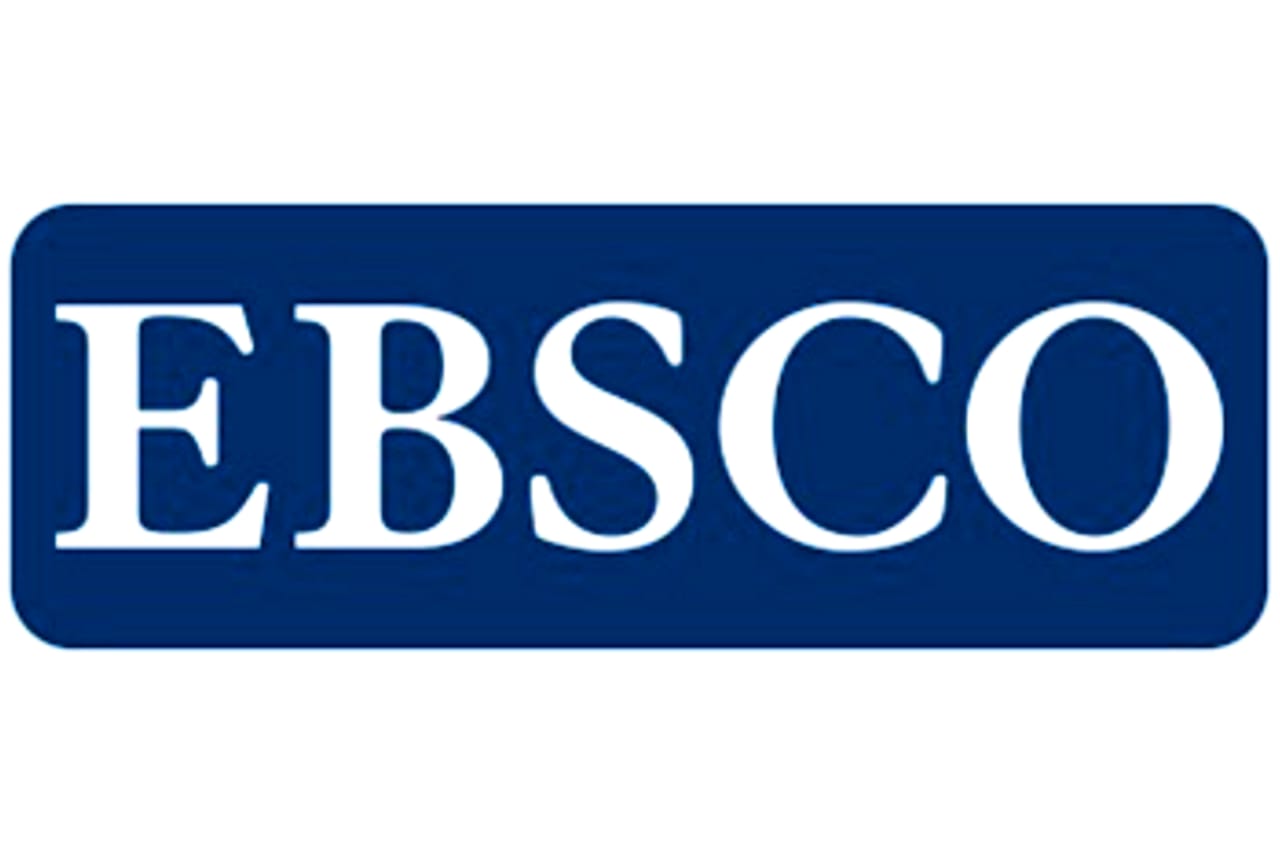DIRECTIONS OF DEVELOPMENT OF DIGITAL PROJECTS IN THE HOTEL BUSINESS
DOI:
https://doi.org/10.26577/CAJSH.2021.v8.i2.06Abstract
Since the digital system is a key condition for a new stage of economic relations, it is clear that an effective model of its management in a changing environment is needed. And this model is based on the principles of project management, including flexible methods. In the digital economy, the flow of information is very large, there is a high need for the use of digital technologies in project management, based on the processing of large amounts of information. Long-term, reliable, and secure storage of large amounts of information is becoming increasingly important.
The role of digital transformation in the development of the hotel business is also very high. Especially in today’s pandemic, contactless service is not possible without the development of digital technologies.
This study examines the possibilities of using digital systems in the hotel business and the features of digital project management. While the success of the hospitality industry is directly assessed by the high quality of customer service, the study found that quality service is associated with the development of project services for the introduction of modern digital technologies in business. Although the vast majority of services in various sectors of the digital economy are reflected in the work of researchers, the specifics of digital projects in the hotel business have not been studied. This article provides the first steps to analyze the development of digital projects in the hospitality industry. The following studies are intended to determine the impact of the digital system on the effectiveness of the development of project activities in the virtual environment.
Key words: digital economy, digital project management, e-hotel










